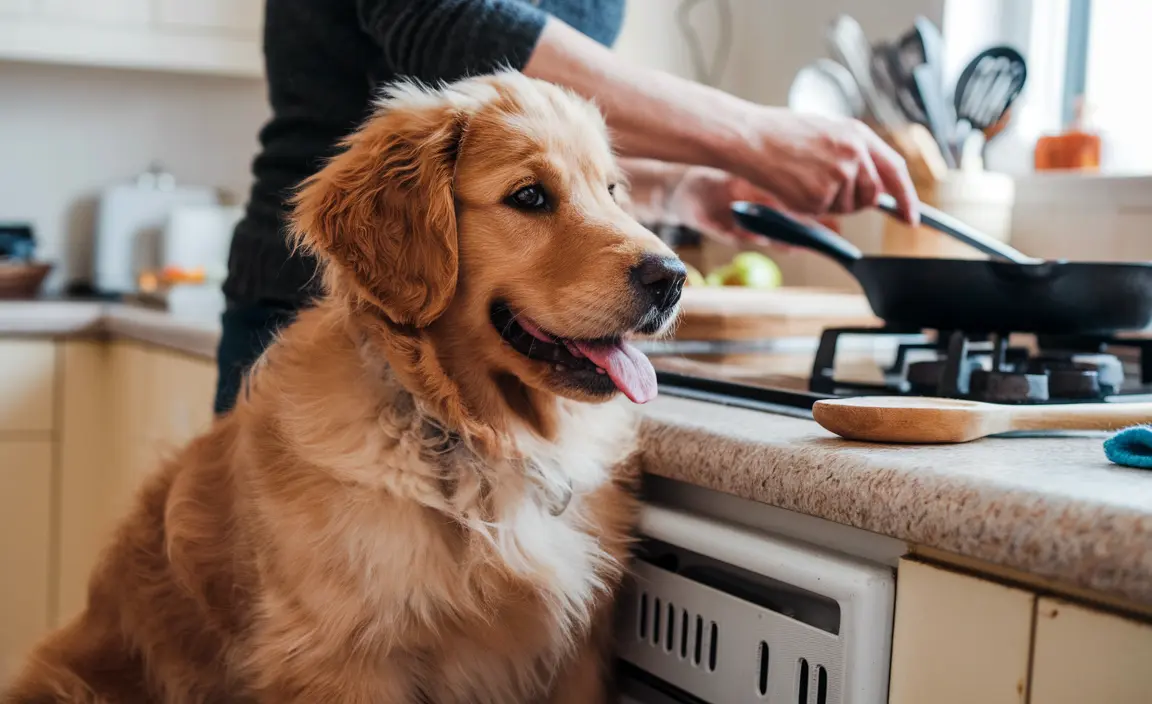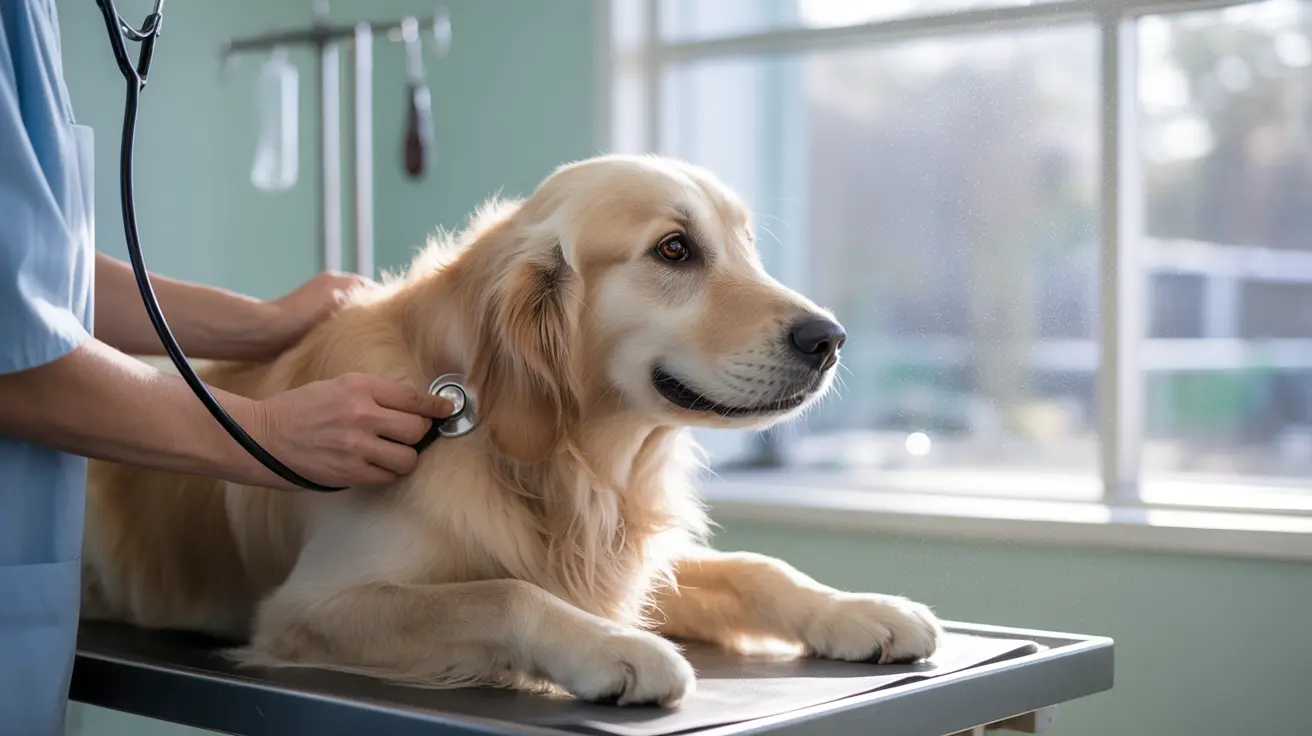As a dog owner, you might find yourself wondering about the safety and nutritional value of raw chicken in your furry friend's diet. With conflicting information circulating, it's crucial to understand the potential benefits and risks associated with feeding raw chicken to dogs. This comprehensive guide will help you make an informed decision about your dog's nutrition.
Raw diets have gained popularity among pet owners, but they come with important considerations that every responsible dog parent should understand.
Understanding Raw Chicken in a Dog's Diet
The question of whether dogs can eat raw chicken is more complex than a simple yes or no. While dogs have digestive systems adapted to process raw meat, there are several critical factors to consider before introducing raw chicken into their diet.
Is Raw Chicken Good for Dogs?
Raw chicken can offer several potential nutritional benefits for dogs. It's a protein-rich food that provides essential nutrients, including:
- High-quality protein for muscle maintenance
- Omega-3 fatty acids for coat and skin health
- Natural sources of glucosamine and chondroitin for joint support
- Easily digestible nutrients for some dogs
Potential Risks of Raw Chicken
However, raw chicken is not without significant risks. The most critical concerns include:
- Bacterial contamination (Salmonella, Campylobacter)
- Potential pathogen transmission to humans
- Incomplete nutritional profile
- Risk of bone-related injuries
Safe Handling and Preparation Guidelines
If you're considering adding raw chicken to your dog's diet, strict safety protocols are non-negotiable. Here are essential guidelines to minimize risks:
Proper Raw Chicken Preparation
- Source fresh, high-quality chicken from reputable suppliers
- Thoroughly clean preparation surfaces
- Avoid added sodium or preservatives
- Remove bones to prevent choking hazards
- Never use chicken intended for human cooking without careful preparation
Veterinary Recommendations
Most veterinary professionals advise caution with raw diets. The American Veterinary Medical Association (AVMA) and FDA typically recommend against raw meat diets due to potential health risks.
Balancing the Raw Chicken Diet
Raw chicken should never be the sole component of your dog's nutrition. A balanced diet requires:
- Variety of protein sources
- Supplemental nutrients
- Consultation with a veterinary nutritionist
- Regular health monitoring
Alternatives to Raw Chicken
If you're concerned about the risks, consider these safer alternatives:
- Cooked, plain chicken
- Commercial dog foods with controlled preparation
- Balanced raw food diets from reputable manufacturers
- Veterinarian-approved nutritional plans
Frequently Asked Questions
Can dogs safely eat raw chicken, and what precautions should I take?
Dogs can eat raw chicken with extreme caution. Always source high-quality meat, practice strict hygiene, and consult your veterinarian first.
What are the health benefits of including raw chicken in my dog's diet?
Raw chicken provides protein, omega-3 fatty acids, and natural nutrients that can support muscle health, coat condition, and joint function.
What risks are associated with feeding dogs raw chicken?
Primary risks include bacterial infections like Salmonella, potential pathogen transmission, and nutritional imbalances.
How should raw chicken be prepared and handled to minimize health risks?
Use fresh chicken, clean preparation areas thoroughly, remove bones, and avoid preservatives. Always practice strict food safety protocols.
Should I consult a veterinarian before feeding my dog raw chicken?
Absolutely. A veterinarian can provide personalized advice based on your dog's specific health needs, age, and dietary requirements.
Ultimately, while raw chicken can be part of a dog's diet, it requires careful consideration, expert guidance, and meticulous preparation. Your dog's health and safety should always be the top priority.






